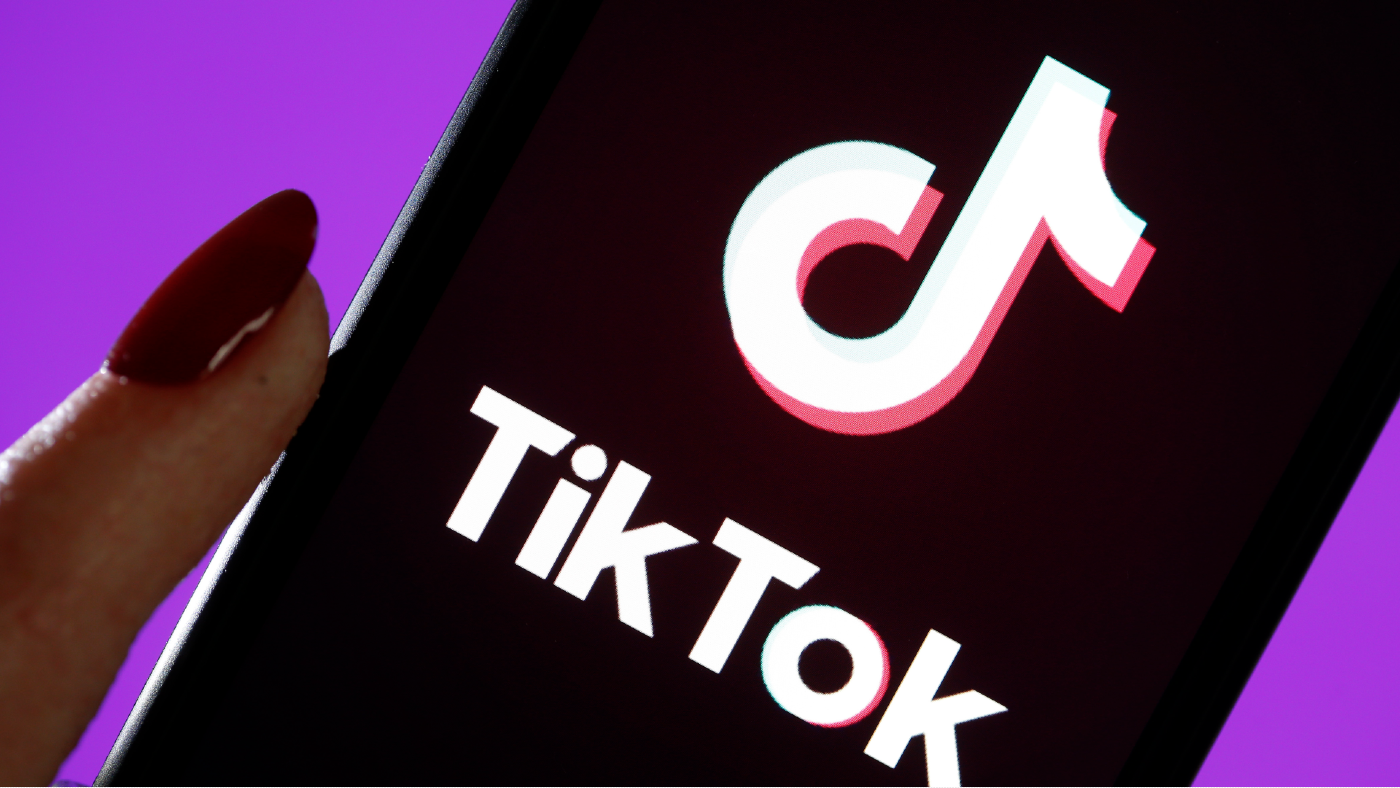How TikTok is shaking up the news
Social media platforms are the most popular news sources for British young people, a new study found

A free daily email with the biggest news stories of the day – and the best features from TheWeek.com
You are now subscribed
Your newsletter sign-up was successful
When the social media app TikTok was launched in 2018 by the Chinese company ByteDance, no one in journalism took it very seriously, said Andrew Kersley in Press Gazette.
It was promoted as “a joyful” place full of short, chatty, playful videos, presenting everything from recipes to songs to new fashion crazes. But now, particularly since the Ukraine war, it has become a major platform for news.
TikTok, Instagram and YouTube have become the most popular news sources for British young people aged 12 to 15, according to a new Ofcom study – overtaking BBC One and Two.
The Week
Escape your echo chamber. Get the facts behind the news, plus analysis from multiple perspectives.

Sign up for The Week's Free Newsletters
From our morning news briefing to a weekly Good News Newsletter, get the best of The Week delivered directly to your inbox.
From our morning news briefing to a weekly Good News Newsletter, get the best of The Week delivered directly to your inbox.
The reach of these social networks is vast, said David Sillito on BBC News. Instagram has 34.6 million users in the UK. TikTok, which has around 17 million, is now the country’s fastest-growing news source. Three in ten teenagers use it to get their news.
‘Fewer arguments than Twitter’
What explains TikTok’s popularity, asked Helen Lewis in The Sunday Times. It has “fewer arguments than Twitter, fewer irritating ads than Instagram, less needless interpersonal drama than Facebook”. Its news clips, often peppered with swear words, are fast-paced and concise; and the way serious headlines about climate change or Ukraine are interspersed with cat videos and other frivolous items only adds to the appeal.
Needless to say, this alters the way news is presented, although most traditional news organisations have now realised that they need a presence on the platform. “One of TikTok’s most popular journalists, The Washington Post’s Taylor Lorenz, records chatty videos lying in bed.”
‘Death of traditional journalism?’
A lot of the news on the site is provided by people who aren’t trained journalists, said Christopher StokelWalker in The Observer – ordinary Ukrainians documenting the atrocities of the Russian invasion, for example. TikTok’s growth has led to warnings of “the death of traditional journalism”.
A free daily email with the biggest news stories of the day – and the best features from TheWeek.com
But it doesn’t mean that, any more than the arrival of radio and TV meant the death of newspapers. It just means that news has evolved; the key to good journalism is the ability to react quickly and give the audience what they want. So let’s not indulge in “format snobbishness”. After all, “we no longer present the news in dinner jackets and bow ties”.
-
 How the FCC’s ‘equal time’ rule works
How the FCC’s ‘equal time’ rule worksIn the Spotlight The law is at the heart of the Colbert-CBS conflict
-
 What is the endgame in the DHS shutdown?
What is the endgame in the DHS shutdown?Today’s Big Question Democrats want to rein in ICE’s immigration crackdown
-
 ‘Poor time management isn’t just an inconvenience’
‘Poor time management isn’t just an inconvenience’Instant Opinion Opinion, comment and editorials of the day
-
 Moltbook: The AI-only social network
Moltbook: The AI-only social networkFeature Bots interact on Moltbook like humans use Reddit
-
 Are AI bots conspiring against us?
Are AI bots conspiring against us?Talking Point Moltbook, the AI social network where humans are banned, may be the tip of the iceberg
-
 Are Big Tech firms the new tobacco companies?
Are Big Tech firms the new tobacco companies?Today’s Big Question A trial will determine whether Meta and YouTube designed addictive products
-
 Silicon Valley: Worker activism makes a comeback
Silicon Valley: Worker activism makes a comebackFeature The ICE shootings in Minneapolis horrified big tech workers
-
 AI: Dr. ChatGPT will see you now
AI: Dr. ChatGPT will see you nowFeature AI can take notes—and give advice
-
 TikTok finalizes deal creating US version
TikTok finalizes deal creating US versionSpeed Read The deal comes after tense back-and-forth negotiations
-
 Is social media over?
Is social media over?Today’s Big Question We may look back on 2025 as the moment social media jumped the shark
-
 Metaverse: Zuckerberg quits his virtual obsession
Metaverse: Zuckerberg quits his virtual obsessionFeature The tech mogul’s vision for virtual worlds inhabited by millions of users was clearly a flop